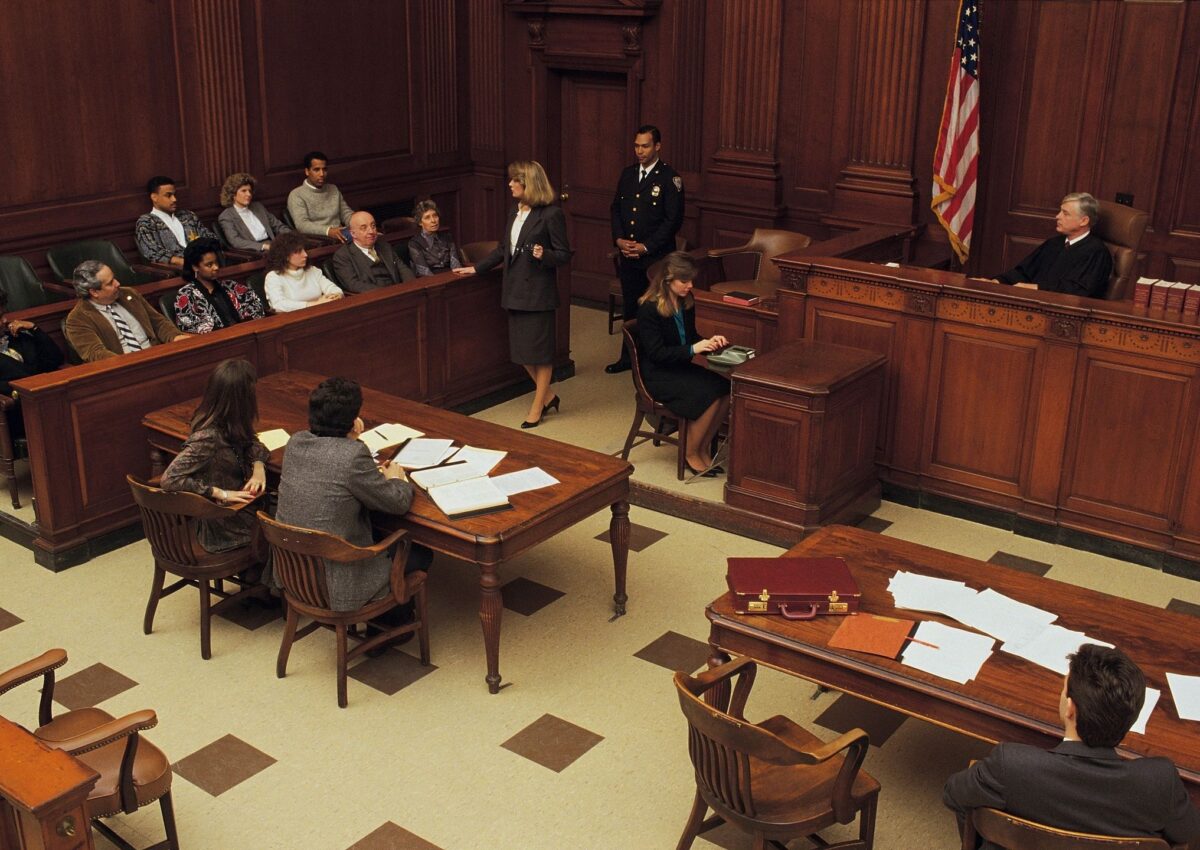
“Each one of us has biases about or certain perceptions or stereotypes of other people. We may be aware of some of our biases, though we may not share them with others. We may not be fully aware of some of our other biases. Our biases often affect how we act, favorably or unfavorably, toward someone. Bias can affect our thoughts, how we remember, what we see and hear, whom we believe or disbelieve, and how we make important decisions. As jurors you are being asked to make very important decisions in this case. You must not let bias, prejudice, or public opinion influence your decision. You must not be biased in favor of or against parties or witnesses because of their disability, gender, gender identity, gender expression, race, religion, ethnicity, sexual orientation, age, national origin, or socioeconomic status. Your verdict must be based solely on the evidence presented. You must carefully evaluate the evidence and resist any urge to reach a verdict that is influenced by bias for or against any party or witness.”
[CACI Jury Instructions [citations omitted]]
Visit: https://www.inlandempirelitigation.com/
Law Offices of James R. Dickinson – 909-848-8448
How To Schedule A Consultation:
Please call us at 909-848-8448 to schedule a free consultation/case evaluation or complete the form immediately below. [Please note certain formalities must be completed to retain the Law Offices of James R. Dickinson, such as the signing of a legal fee agreement [see “Disclaimers”]].
